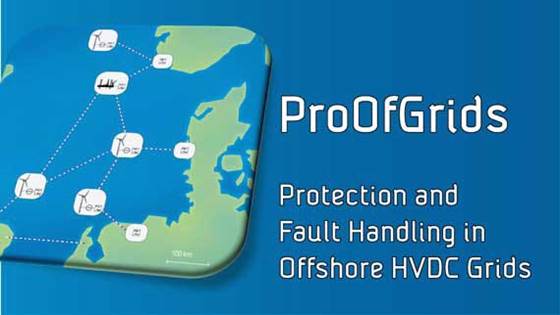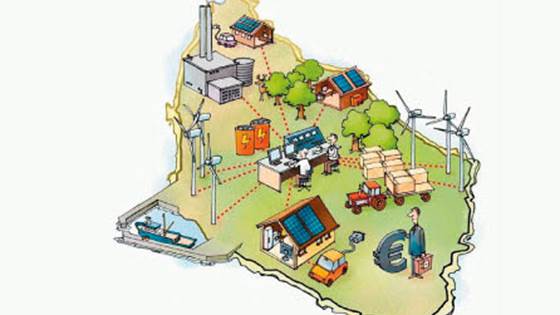CastAl – Energy Efficient Aluminium Cast House
The CastAl innovation project aimed to decrease energy consumption in aluminium casthouses, both primary and remelters and reduce aluminium loss in production.
The CastAl innovation project aimed to decrease energy consumption in aluminium casthouses, both primary and remelters and reduce aluminium loss in production.

SINTEF Materials and Chemistry, along with 15 partners, will develop multi-functional packaging solutions to improve the properties and performance.

The main goal of the BUONAPART-E is to increase the production rate of a single basic unit in which the evaporation of the raw material is done by electric means by a factor of 10 to 100 and to implement necessary monitoring and collecting tools to...

Protection and Fault Handling in Offshore HVDC Grids

DeVID will contribute to added value based on cost efficient solutions and increased productivity for customers, Distribution System Operators and vendor industry. This will be achieved through development, demonstration and verification.
The project's main objective is to develop new energy-efficient processes for the production of high quality aluminum components for use in vehicles and aircrafts. This will make the production process cheaper. Norwegian forging companies have thus...

The NaProCs project aims to develop a new class of fuel cells and other devices for hydrogen, operating at temperatures attractive for transportation and mobile applications. This comes timely when fuel cell cars are making their way to...

The main objective is to provide fundamental material and packaging knowledge for supporting realisation of reliable Pressure Tolerant Power Electronic (PTPE)components and circuits for operation depths down to 5000m.
Enhancing biomass utilization without risking its sustainability is a European energy priority, and can be linked to targets for curbing greenhouse gas emissions by 20% by 2020 and 50% by 2050: enhanced energy security and integration with other...

Research in chemistry and materials science has traditionally been based on laboratory experiments. It is, however, also possible to compute the properties of molecules and materials using mathematical models based on basic theoretical physics, and...

This project will develop and demonstrate Highly Efficient Tubular Membranes for OxyCombustion. Oxycombustion is a promising option for implementing cost-efficient carbon capture and sequestration (CCS) in future coal fired power plants.

The core concept of Accelerated Metallurgy is to deliver an integrated pilot-scale facility for the combinatorial synthesis and testing of many thousands of unexplored alloy formulations. This facility would be the first of its kind in the world and...

The project offers Europe a fast track evolution towards Smart Grids dissemination and deployment in the distributed electricity grid.
The NanoPV project aims at making a breakthrough step-change in photo-voltaics by the removal of a set of bottlenecks which have been identified to block the application of nanostructures for high-efficiency, low-cost solar cells. The bottlenecks...

Good condition and lifetime data is necessary as basis for estimating remaining lifetime and failure probability for power system components.

The future power system will be highly complex due to the integration of renewables and realization of smart grids.
The RAMSES project will provide the Fuel Cell community with an innovative high performance, robust, durable and cost-effective Solid Oxide Fuel Cell owing to the Metal Supported Cell (MSC) concept i.e. a cell design consisting of thin ceramic...

Project STAYERS is dedicated to the goal of obtaining 40,000 hours of PEM fuel cell lifetime employing the best technological and scientific means. Apart from materials research it also requires a detailed investigation of degradation mechanisms and...